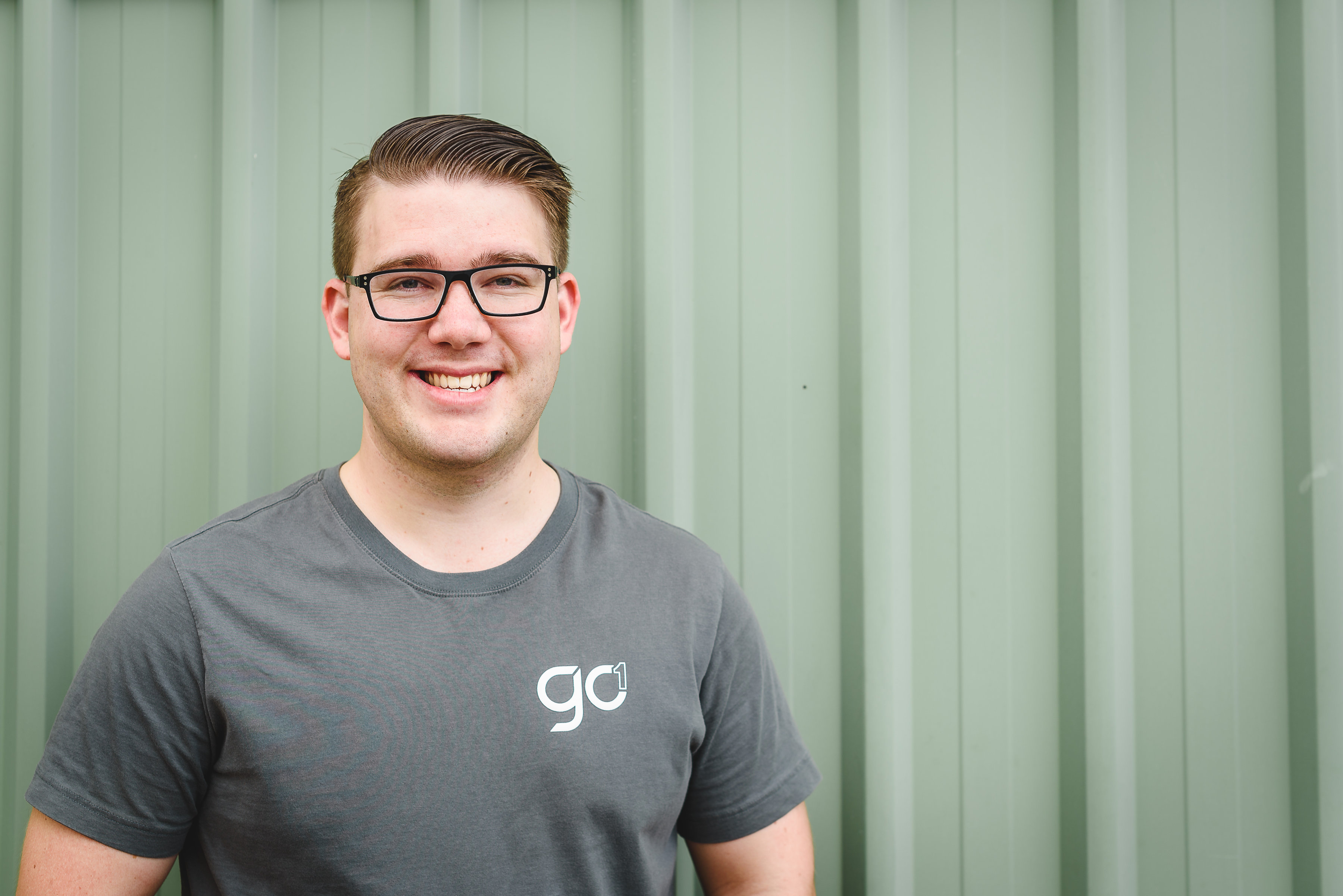
Education is a topic that we all feel qualified to comment on. After untold years of formal education, mixed in with learning at our workplaces, we are all quasi-experts on education.
So, as the year begins, it’s worth considering what the future holds for education. Because the future of education is changing. And this future is very different to what has come before.
The traditional model is familiar. A local expert, be it a teacher, a professor or — heaven forbid — hired motivational speaker acts as the font of knowledge. We listen. We learn.
This industrial age ideal of education works well at equipping us on the basics that we all need to know. Whether it be maths 101 or the history of ancient Greece, our existing model of education works well.
But the future of education is much more specialised and much more personalised. In the same way that local musicians have given way to international pop stars, many aspects of education are also becoming the domain of international experts.
This is just one of the changes to the education landscape for 2017 and beyond.
Here are my predictions for the future of education.
First, we will increasingly access education on a 24/7 basis, created by the leading experts. Salman Khan, founder of Khan Academy, created a YouTube channel in 2006 for primary and secondary education. He is now one of the pop stars of education. There are many more covering every topic imaginable.
Learning can now be self-paced, sourced directly from the best practitioner in the field. We can pause. We can replay. We can change presenters to whoever we feel explains it best.
Secondly, we will increasingly learn from each other. It sounds paradoxical: if we’re learning from experts, how are we also learning from our peers?
The reason we can learn so much from our peers is their appreciation of what we know and what we might be missing. Soviet psychologist Lev Vygotsky outlined his theory of the zone of proximal development almost a century ago. In a nutshell: our colleagues and friends help us learn and achieve more than we can alone.
It sounds simple, but technology now means we can learn from our peers at a distance. And our peers will increasingly be artificial intelligences.
Third, we will see exams replaced with big data. I too raise my eyebrows whenever someone invokes “big data”. But truly, the future of education involves much better heuristics for our level of knowledge than a multiple choice test.
Our day-to-day work is a much better indication of our level of ability than any test could ever be. Instead of taking a test on accounting, our financial literacy is better assessed by how we interact with real scenarios.
So, what do these three predictions add up to?
Firstly, let’s address the elephant in the room. I don’t believe teachers will be replaced. Instead they will be augmented.
We will have access to the global experts in whichever field we are looking to master.
Our peers are also important sources of learning. And, as we are increasingly connected, so too are the opportunities to ask questions and to learn increased. In some cases these peers will be computer programs. How many times have you Googled some fact that you weren’t quite sure about?
Finally, our capabilities will be measured in more nuanced ways. Instead of exams we have simulated scenarios. And instead of academic institutions determining what is an A+, I predict industry will set the bar instead.
The future of education is very different in many ways to what we have all experienced. But in other aspects, it is very similar — just much faster and more personalised.
In some respects, the future of education is very traditional too. Oxford University, the oldest English-speaking university in the world, has prioritised individual tutelage for the last 900 years.
The future of education — both at work and at school — involves experts. It involves personal tutelage. And it involves much more rigorous and practical assessment.
In many respects the future is here. And 2017 will see much more progress on these fronts.
This article was originally published in The Australian





